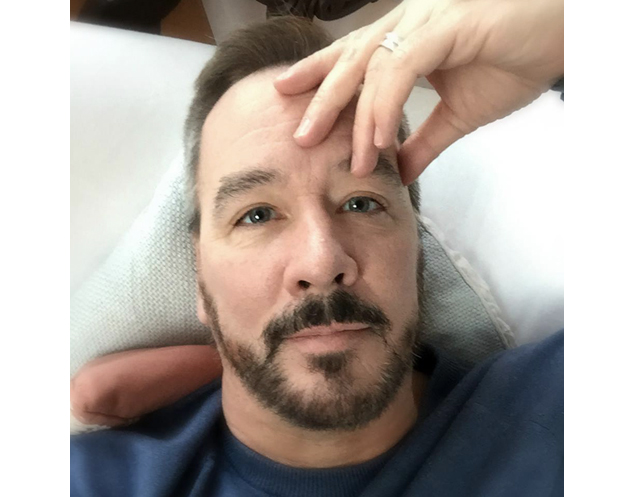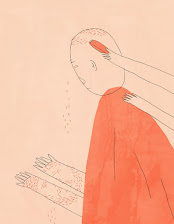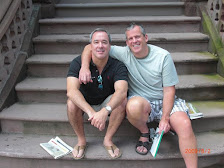Coffee Name
The first
time I heard of a “Coffee name” was when my Irish friend Diarmuid used one
while picking up a take-out pizza. When I asked him why he told the cashier his
name was David he said no one in America could understand the way he pronounced
his real name, so he used a name that people could grasp, a coffee name. “Feckin’
eejits,” he punctuated it. The idea
intrigued me. Here was the chance to change
my name; to change who I was, if only for a complete stranger.
Bill, that’s
my name. It’s simple, compact and
entirely common, none of the traits I want to project. People with more exotic names use Bill for
their coffee name. It’s been in my family for generations, although technically
it’s William. But, my mother shortened
it to the more common nick-name. She may
have lopped off some of the letters but the number of syllables remained the
same; “Bee-uhl” that’s how it’s pronounced in the south. Like something you might hear at a pig-calling
contest.
To be
completely honest, this was not the first time I thought of changing my
name. Many men who come out of the
closet jettison their nick-names and trot out their fancy, stylish full names
to go with their new fancy, stylish selves. Jeff will become Geoffrey, Stu
becomes Stewart and Bob becomes Robert or the spicy, salsa version:
R-r-r-r-oberto!
But I wanted
something more than William. I wanted a name that projected the real me, you know? When I told my friend Diarmuid this, his suggestion
was “How about Precious?”
The Irish
have a dark sense of humor.
I was
pondering this while standing in line at a popular lunch spot one day. The “sandwich engineer” was asking for a name
to go with the order. Here was my chance to come up with a new name and try it
out. I mentally flipped through a rolodex of names when the young attractive man
behind the counter asked me “Can I have your number?” Flustered, I looked at Diarmuid and then
turned back to the young man. “I mean
name, can I have your name?,” he corrected himself, equally flustered. “It’s
David,” I stammered. “Feckin’ eejit,” my friend muttered.
I began to
think that maybe people became their names and not the other way around. Maybe
Jeff was always Geoffrey and Stu was always Stewart, just waiting for the right
time in their life to percolate into their real names. But William seemed too formal and aloof and
if I was going to choose a completely foreign name I might as well change my
sex, which was my mother’s initial fear when I first told her I was gay.
And then I
met Paul; dependable, handsome Paul. Two
months into our relationship he left for a business trip that interrupted our
affair. “I miss my Willy,” he said to me
on the phone. Willy. I knew then that this was the name I’d hear for the rest
of my life. That’s when it hit me, the key to finding my name was not changing
it for a stranger, but for someone I loved.





























